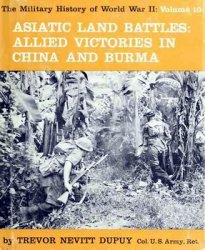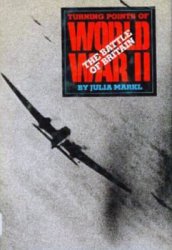But the previous eighteen years had shown that human events rarely unfold in predictable ways. The 9/11 terrorist attack, the subsequent wars in Iraq and Afghanistan, the near-collapse of the economy in 2008-2009, Hurricane Katrina, and the massive oil spill in the Gulf of Mexico all shocked the American people. And the surprises were not all bad. No one in 1992 could have predicted that the tidal wave of crime would recede the following decade. For that matter, the relative absence of racial references during the 2008 campaign that resulted in the election of the nation’s first African American president would have been unimaginable decades earlier.
But if the past does not enable us to predict the future, what do we ever “learn” from history? Consider an analogy with seismology, the study of earthquakes. Seismologists cannot predict exactly when and where any earthquake will strike, but their study of the underlying forces—the shift and collision of tectonic plates—helps explain the phenomenon. Historians similarly cannot predict the future course of human events. But the study of history can provide insights on the underlying forces that generate historical change. No one predicted, for example, that a particular deep-sea oil well would explode and release millions of barrels of oil into the Gulf of Mexico in the summer of 2010; but the American nation’s voracious thirst for oil—a result of many developments during the previous century—led to the demand for the exploitation of deep-water oil resources. Similarly, in the first decades of the twenty-first century Americans fought and died in Iraq and Afghanistan because of a wide variety of historical forces, ranging from a commitment to democratic values and human rights to a demand for cheap Middle Eastern oil. History does not predict the future, which emerges through the convergence of infinite actions and reactions. But history can help reveal the various forces that are heaving beneath the surface of time.
This book was conceived as a reminder that the past is never truly past. It radiates through time. It touches our lives, just as what we do today will influence the future. By connecting to the past, we better understand ourselves and perhaps gain an inkling of what will become of us.
Just about everything that happens in one part of the modern world is in some way related to everything else that is going on. Far too many things are happening for anyone to sort out which is going to have what effect on tomorrow’s events, let alone those that occur a year from now. “Then” (whether tomorrow or next year) historians will be able to study those particular events and puzzle out their chief causes—but not “now.”
Yet “now” is where we happen to be, and thus this book, so full of events and their causes and results, must end inconclusively. No one knows what will happen next. But not knowing what will happen is one reason why life is so interesting.




 World History
World History









